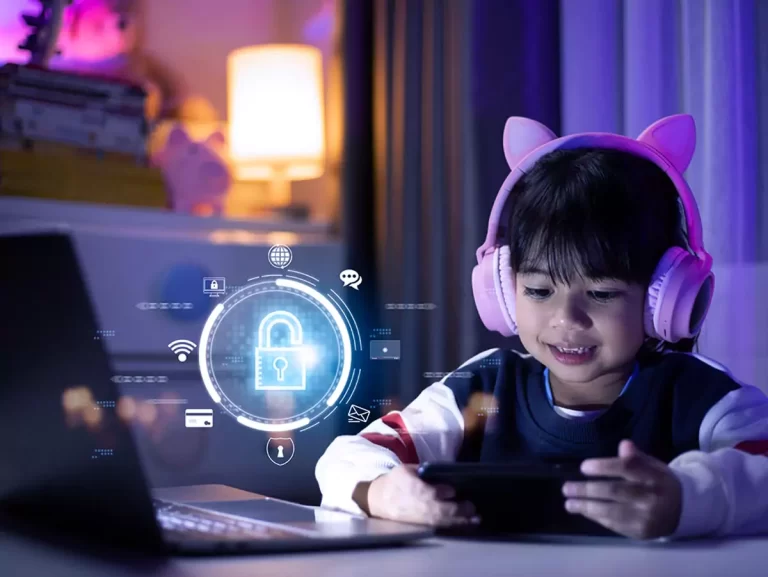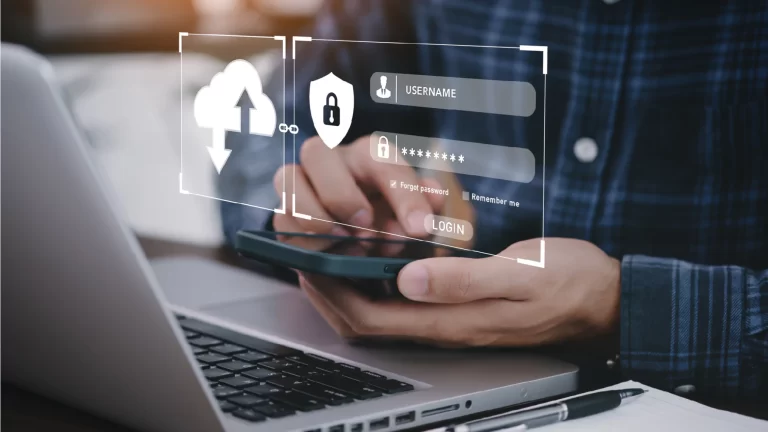Child Online Safety:
The Internet can be wonderful for kids. They can use it to research school reports, communicate with teachers and other kids, and play interactive games.
Cyberbullying:

Thumb rules:
- Never post or trade personal pictures.
- Never reveal personal information, such as address, phone number, or school name or location.
- Use only a screen name and don't share passwords (other than with parents).
- Never agree to get together in person with anyone met online without parent approval and/or supervision.
- Always tell a parent or other trusted adult about any communication or conversation that was scary or hurtful.
Basic guidelines for parental supervision:
Watch for warning signs of a child being targeted by an online predator. These can include:
- spending long hours online, especially at night
- phone calls from people you don’t know.
- unsolicited gifts arriving in the mail.
- Your child suddenly turns off the computer or other device when you walk into the room.
- withdrawal from family life and reluctance to discuss online activities.
- Talk to your kids! Keep an open line of communication and make sure that they feel comfortable turning to you when they have problems online.
The Internet and Teens:
As kids get older, it gets a little trickier to monitor their time spent online. They may always carry a smartphone with them. They probably want — and need — some privacy. This is healthy and normal, as they’re becoming more independent from their parents. The Internet can provide a safe “virtual” environment for exploring some newfound freedom if precautions are taken.
Talk about the sites and apps teens use and their online experiences. Discuss the dangers of interacting with strangers online and remind them that people online don’t always tell the truth. Explain that passwords are there to protect against things like identity theft. They should never share them with anyone, even a boyfriend, girlfriend, or best friend.
Taking an active role in your kids’ online activities helps ensure that they benefit from them without being exposed to the potential dangers.





